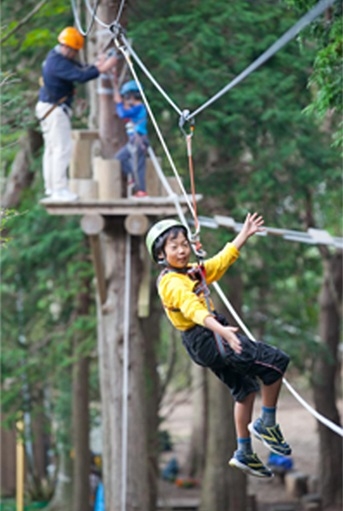
One of the leisure facilities of the Amagi Tokyu Resort, which has a hotel and a golf course in the rich nature of the Izu Peninsula. In the green of the trees, an adventure course that spans a total length of 206m and is about 6m above the ground, Challenger wears a harness and clears 14 elements such as Net Climb and U-Loop using his whole body. Among them, the 80m long zip line is very popular with thrill. Anyone can challenge if they are at least 120cm in height and 120kg in weight. You can enjoy about 2 hours at the start of every 30 minutes, but the reservation is better for summer vacation and GW period.
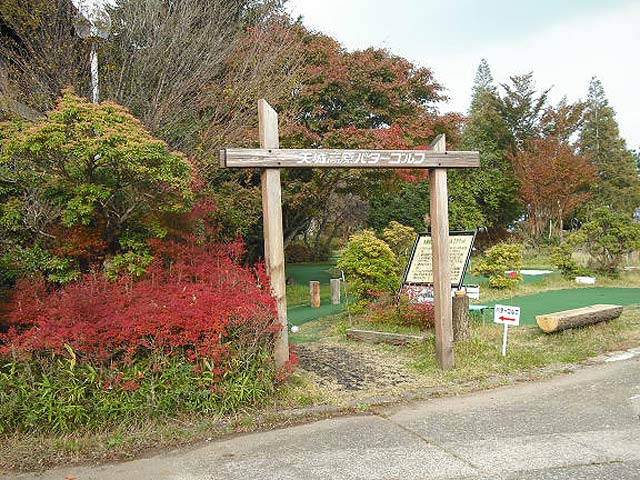
A 15-minute drive west from Omuroyama. A leisure facility located on a plateau at an altitude of around 900m on the hillside of Mount Tiancheng. You can enjoy the sports of the authentic 18-hole “surprisingly fun” putter golf (1200 yen per round) and the Amagi Sky Adventure (3,000 yen for junior high school students and up, 2600 yen for elementary school students) created in the garden.
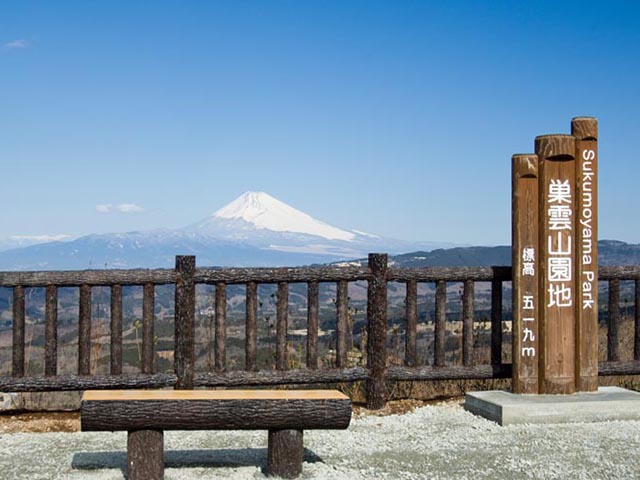
The Izu Skyline is a 40.6km-long driveway with a superb view of Mount Fuji and Suruga Bay and Sagami Bay, and is dotted with observation parking lots. From the Susunyama parking lot, you can see a large panorama centered on Mt. Fuji. In addition, you can climb from the parking lot in about 10 minutes to the peak of Mount Suwon, so if you have time, you want to enjoy the view from the observation deck at the summit.
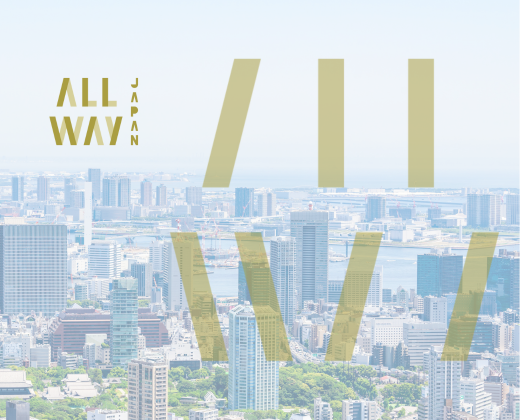
A 20m high and 6m wide waterfall on the Jizo-do River, a tributary of the Kano River. The surrounding area is dotted with wasabita fields, and you can fully enjoy the rich nature of Amagi. In the past, the falling waterfall was also seen from the back, so it is also called the rear-view waterfall, but now it cannot be seen from the back because it is dangerous due to the deterioration of the bedrock.
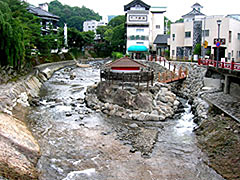
Located on the riverbank of the Katsura River, it is an impressive spot for its yutsuya, which blends into the surrounding scenery. It is a symbol of Shuzenji Onsen, where the legend that in the old days, Hiroho Daishi smashed rocks with Buddhist utensils to spring up the hot springs. Bathing is not possible.
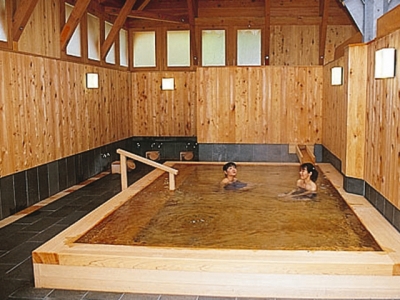
Shuzenji Onsen is a nayu of Izu, which has flourished as the oldest hot spring resort in Izu. At one time, there were only the remaining "Dokinō no Uto", which was a historical site at the time, in the outer water. "Hakoyu" was built as its revival number one. It is a wooden one-story, shozai-washi bath house in the center of the onsen town, and the bathhouse is a single-sex total cypress building. Body soap, shampoo and conditioner are available.
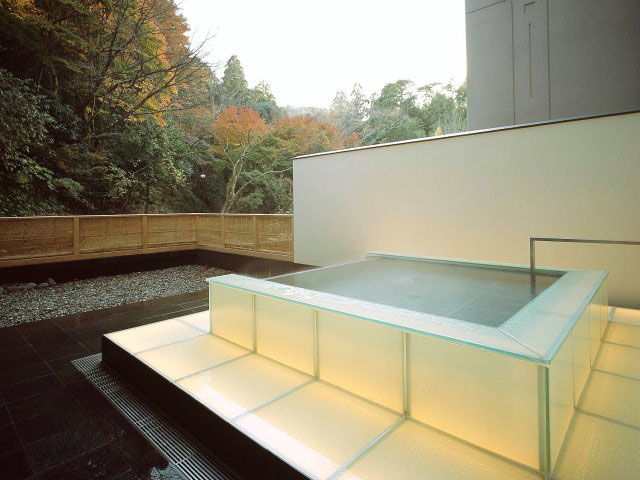
This inn is located in the center of the hot spring town of Shuzenji Onsen, but is surrounded by the magnificent nature of 15,000 tsubo. Day bathing can be enjoyed in a large bathhouse with two open-air baths and a private open-air bath. The modern bath is spacious and pleasant. The open-air baths are designed by space designer Hisanobu Tsujimura, respectively, with a glass tub beaming a pale light on the darkness of the night, an ark-like light floating in the air, and an open-air bath at sunset where you can enjoy the bath while watching the sunset over Mt. The two free-end open-air baths, rock and Izuishi, are open with a view of the Shuzenji onsen town and the surrounding greenery.
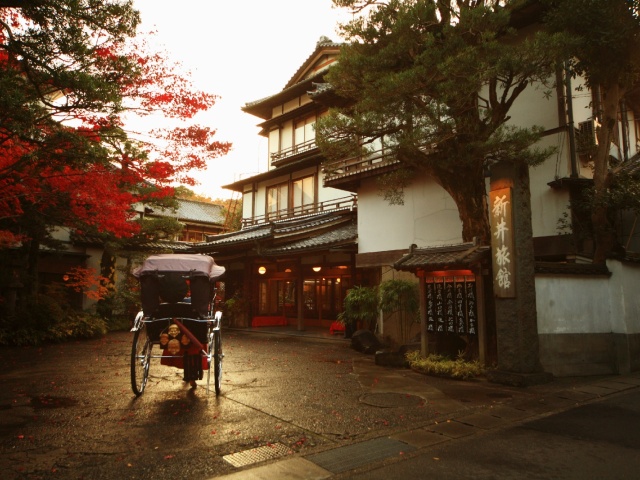
Lunch and bathing breaks are possible at the Arai Ryokan in Shuzenji, a long-established inn in 1872. The Junwa-style wooden structure is a national tangible registered cultural property. The specialty of the inn, "Tenpei Daiyudō", is a magnificent style of bathhouse built in the architecture of Showa 9 (1934), designed by Japanese painter Yukihiko Yasuda. The high ceilings and pillars are made of cypress, and the combination of megaliths in the bathtub using Izu stone is stunning. There are other private baths. You can also taste dishes full of Izu's Sankai's good food, such as local vegetables, sashimi of ground fish.

A specialty store of manju, standing in front of the dokumonyu. We recommend sesame buns with bamboo charcoal and dust kneaded into the skin. The texture of the moist mochi is contracted to be a habit. The service that you can sample one whole is also nice. In addition to the classic brown sugar buns, the company also sells seasonal buns such as wormwood and cherry blossoms.
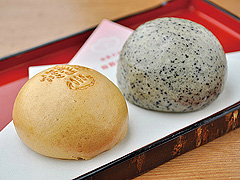
Since its inception in 1959, a well-known Japanese confectionery with handmade onsen manju. The dough with soy sauce in a hidden taste is fragrant and can be eaten as many as it is small in size. Black rice Daifuku 125 yen is also a popular product. 10 hot spring buns for 930 yen and 15 for 1380 yen.










